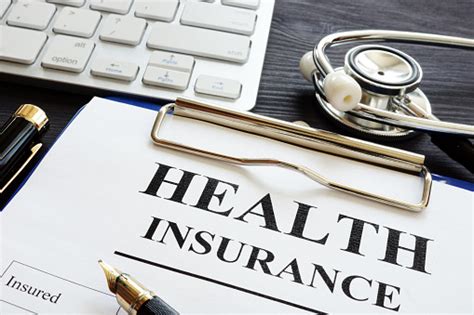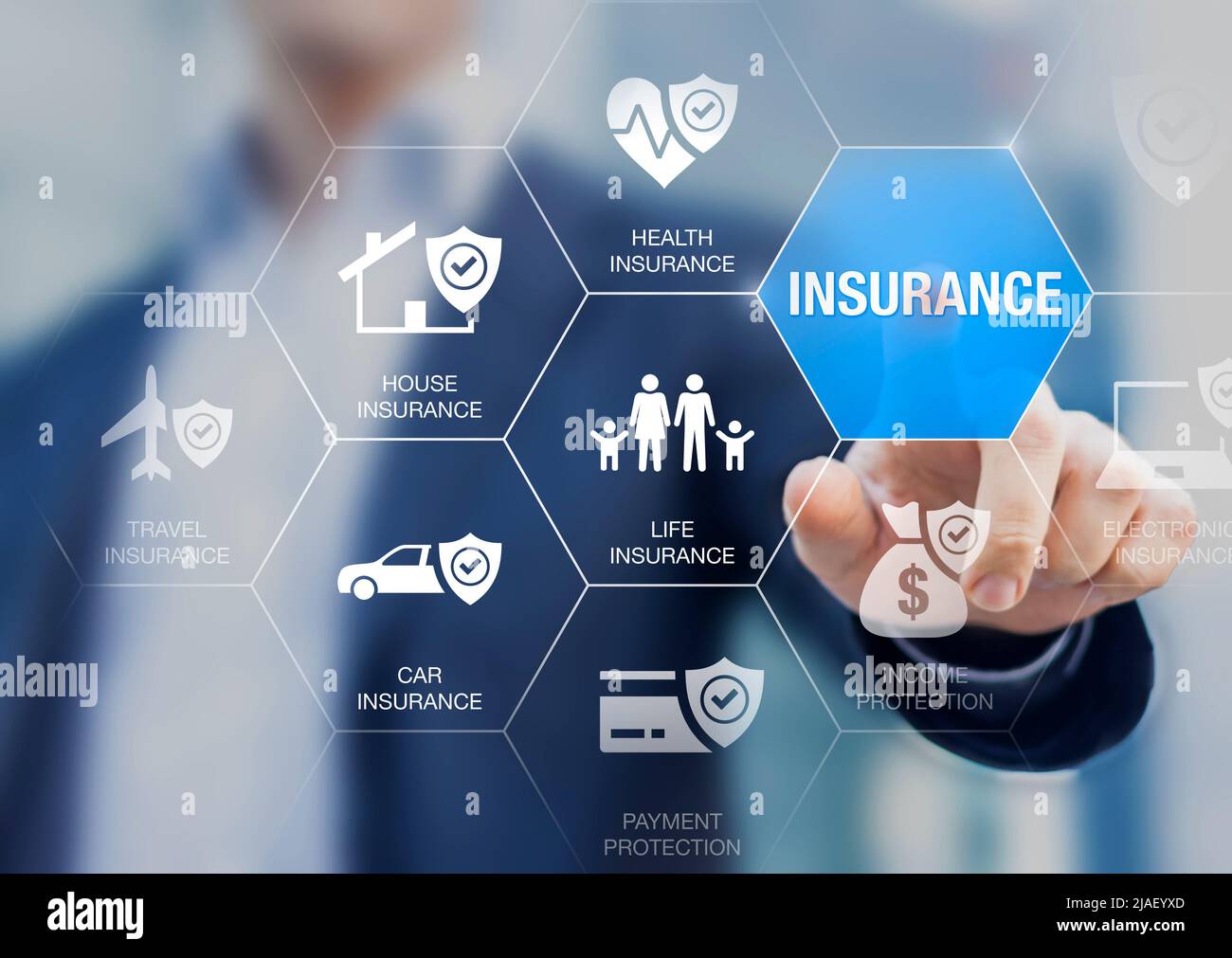Liability Insurance What Does It Cover

Liability insurance is a crucial aspect of risk management and financial protection for individuals, businesses, and professionals across various industries. This comprehensive guide aims to shed light on the ins and outs of liability insurance, covering its scope, benefits, and implications. By understanding what liability insurance covers, you can make informed decisions to safeguard your interests and mitigate potential liabilities.
Understanding Liability Insurance: A Comprehensive Overview
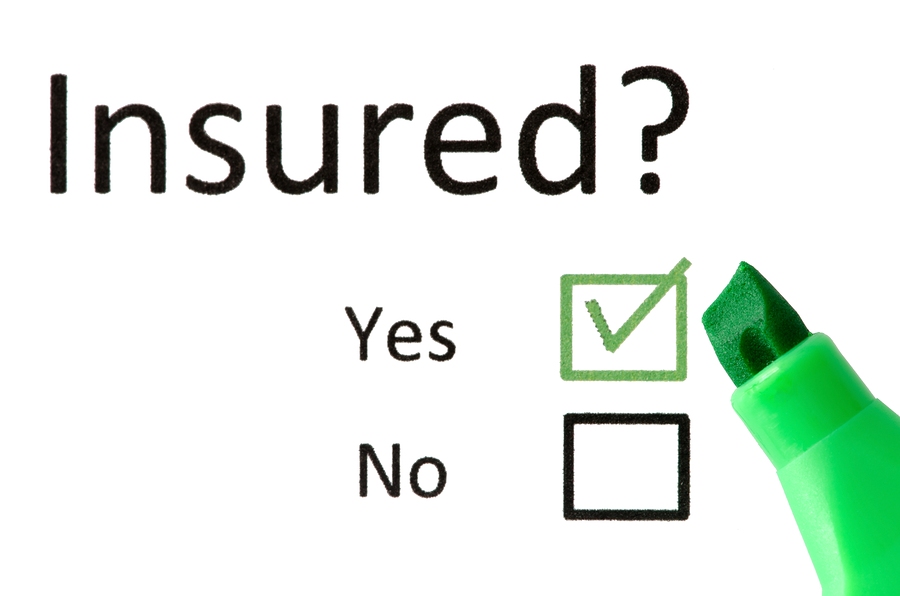
Liability insurance serves as a protective shield, offering financial coverage and legal support in the event of claims or lawsuits arising from alleged negligence, errors, or omissions that result in harm or damage to others. This form of insurance is designed to shield policyholders from the potentially devastating financial consequences of such claims, ensuring they have the means to settle disputes and cover related costs.
The primary purpose of liability insurance is to provide a safety net for policyholders, offering peace of mind and financial stability in the face of unexpected liability claims. Whether you're an individual, a business owner, or a professional, understanding the scope of liability insurance is essential to ensure you have adequate coverage tailored to your specific needs and risks.
Key Aspects of Liability Insurance Coverage
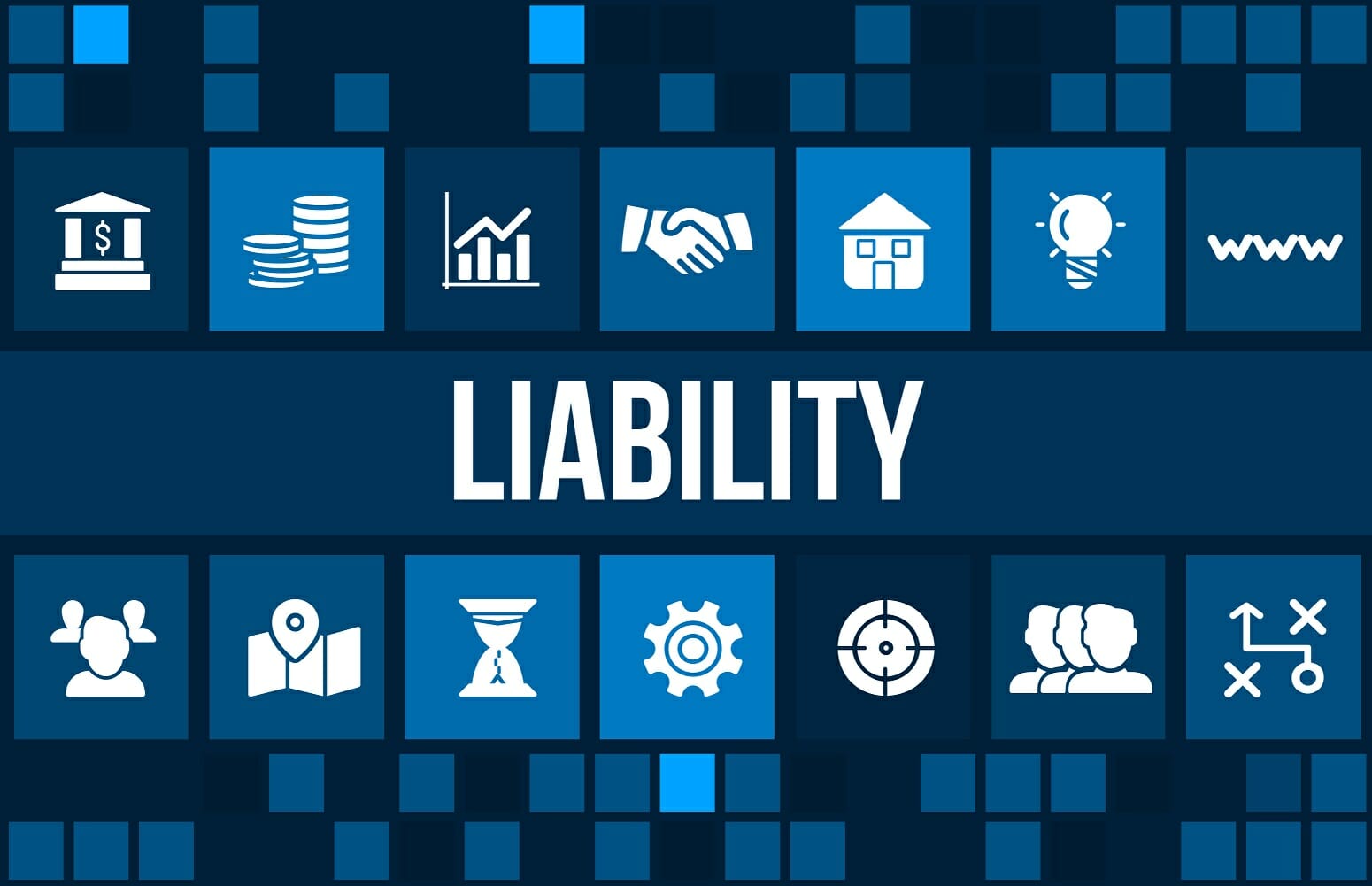
Liability insurance coverage encompasses a wide range of scenarios and potential liabilities. Here’s an in-depth look at what liability insurance typically covers:
Personal Liability Coverage
Personal liability insurance is a fundamental component of many homeowners’ and renters’ insurance policies. It provides coverage for bodily injury or property damage claims made against you, the policyholder. For instance, if a guest trips and falls on your property, personal liability insurance can help cover their medical expenses and any legal fees if a lawsuit arises.
Professional Liability Insurance (Errors and Omissions)
Professional liability insurance, also known as errors and omissions (E&O) insurance, is tailored for professionals such as consultants, accountants, lawyers, and architects. It offers protection against claims arising from alleged professional negligence, mistakes, or failures to perform services as promised. E&O insurance is essential for professionals who provide advice or services, as it safeguards them from the financial impact of client lawsuits.
Product Liability Insurance
Product liability insurance is a critical coverage for businesses that manufacture, distribute, or sell goods. It protects against claims resulting from defective products that cause harm or property damage to consumers. Product liability insurance can cover the cost of defending against lawsuits, compensating injured parties, and recalling or repairing defective products.
General Liability Insurance
General liability insurance is a broad policy that covers a wide range of common liability risks. It provides protection for bodily injury, property damage, and personal and advertising injury claims. This type of insurance is particularly beneficial for businesses that interact with the public, as it can cover accidents on business premises, product-related injuries, and advertising-related disputes.
Commercial Auto Liability Insurance
Commercial auto liability insurance is a necessity for businesses that operate vehicles in the course of their operations. It offers protection against bodily injury and property damage claims arising from the use of company vehicles. This insurance is crucial for ensuring that businesses can cover the costs of accidents involving their employees and vehicles, including medical expenses and property repairs.
Cyber Liability Insurance
In today’s digital age, cyber liability insurance has become increasingly vital. It provides coverage for businesses and individuals against risks associated with data breaches, cyber attacks, and privacy violations. Cyber liability insurance can help cover the costs of investigating and resolving data breaches, as well as providing legal defense and compensation for affected parties.
Umbrella Liability Insurance
Umbrella liability insurance is an additional layer of protection that goes beyond the limits of other liability policies. It provides excess liability coverage, offering higher limits of insurance for situations where the primary policy’s limits are exhausted. Umbrella insurance is particularly valuable for individuals and businesses with significant assets to protect, as it can provide extensive coverage for catastrophic losses.
| Liability Insurance Type | Coverage Highlights |
|---|---|
| Personal Liability | Covers bodily injury and property damage claims made against individuals. |
| Professional Liability (E&O) | Protects professionals against claims of negligence or errors in their work. |
| Product Liability | Covers claims arising from defective products sold or distributed by a business. |
| General Liability | Provides broad coverage for bodily injury, property damage, and advertising-related claims. |
| Commercial Auto Liability | Protects businesses against accidents involving company vehicles. |
| Cyber Liability | Covers risks associated with data breaches and cyber attacks. |
| Umbrella Liability | Offers excess liability coverage for situations where primary policies are insufficient. |
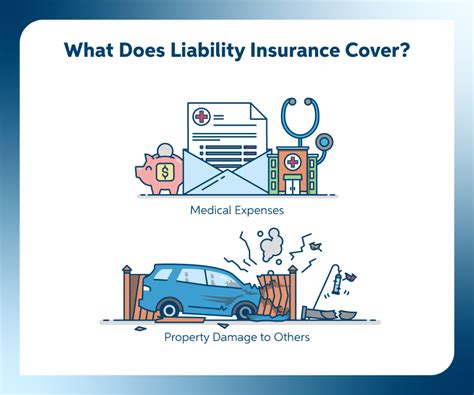
Benefits and Implications of Liability Insurance
Liability insurance offers a multitude of benefits and has significant implications for policyholders:
- Financial Protection: The primary benefit of liability insurance is financial protection. It provides the means to cover legal expenses, settlements, and judgments resulting from liability claims, safeguarding your assets and financial stability.
- Legal Support: Liability insurance often includes legal defense coverage, ensuring you have access to qualified legal representation to defend against claims and lawsuits.
- Peace of Mind: Having liability insurance in place provides peace of mind, knowing that you are protected against potential liabilities and can focus on your personal or professional endeavors without undue worry.
- Risk Mitigation: Liability insurance encourages risk management practices, as policyholders are incentivized to implement safety measures and protocols to minimize the likelihood of claims.
- Business Continuity: For businesses, liability insurance is essential for maintaining continuity and reputation. It allows them to weather liability storms and continue operations without devastating financial setbacks.
Customizing Liability Insurance to Your Needs
Liability insurance is not a one-size-fits-all solution. Policyholders have the flexibility to customize their coverage based on their unique circumstances and risks. Here are some considerations for tailoring your liability insurance:
- Policy Limits: Choose policy limits that align with your financial capacity and the potential risks you face. Higher limits provide greater protection but may also come with higher premiums.
- Deductibles: Consider the deductible amounts that work best for your budget. Higher deductibles can lower premiums, but they mean you'll pay more out of pocket before the insurance kicks in.
- Endorsements and Riders: Review the available endorsements and riders that can be added to your policy to enhance coverage for specific risks or situations.
- Policy Exclusions: Understand the exclusions in your policy, as these are situations or claims that are not covered. Ensure you're aware of any potential gaps in coverage and consider additional policies if needed.
Real-World Examples of Liability Insurance in Action

Liability insurance plays a vital role in protecting individuals and businesses from a wide range of liability claims. Here are some real-world examples of how liability insurance has made a difference:
Example 1: Personal Liability Claim
A homeowner with personal liability insurance hosted a backyard barbecue for friends and family. During the party, a guest slipped on a wet deck and sustained a serious injury. The guest filed a claim against the homeowner, seeking compensation for medical expenses and pain and suffering. The homeowner’s personal liability insurance stepped in, covering the guest’s medical bills and legal fees, providing financial relief to both parties.
Example 2: Professional Liability Claim
A software consulting firm with professional liability insurance was engaged to develop a new application for a client. Unfortunately, a critical bug was discovered after the project’s completion, causing significant data loss for the client. The client filed a lawsuit against the consulting firm, alleging negligence. The firm’s professional liability insurance covered the legal defense costs and provided compensation to the client, allowing the firm to maintain its reputation and financial stability.
Example 3: Product Liability Claim
A toy manufacturing company with product liability insurance released a new line of action figures. However, it was later discovered that the toys contained small parts that posed a choking hazard to young children. The company faced multiple lawsuits from parents whose children were injured. Product liability insurance covered the cost of recalling the toys, compensating affected families, and providing legal defense, preventing the company from going bankrupt.
Conclusion: Empowering Your Liability Insurance Strategy
Liability insurance is a powerful tool for individuals and businesses to manage and mitigate risks. By understanding the scope of liability insurance coverage and tailoring your policies to your specific needs, you can protect yourself, your assets, and your business from potential liabilities. Remember, regular policy reviews and consultations with insurance professionals are key to ensuring your liability insurance remains up-to-date and comprehensive.
What happens if I have a liability claim and my insurance coverage is insufficient?
+If your liability insurance coverage is insufficient to cover the full extent of a claim, you may be personally responsible for any remaining amounts. It’s crucial to regularly review your coverage limits and adjust them as needed to ensure you have adequate protection.
Can I purchase liability insurance after an incident has occurred?
+In most cases, liability insurance policies have a retrospective period, which means they only cover incidents that occur after the policy’s effective date. Purchasing liability insurance after an incident has occurred may not provide coverage for that specific incident, so it’s important to have insurance in place before potential liabilities arise.
How can I reduce my liability insurance premiums?
+To reduce your liability insurance premiums, you can consider increasing your deductible, as higher deductibles often result in lower premiums. Additionally, maintaining a good claims history and implementing effective risk management practices can help lower your insurance costs over time.
